How can Pristyn Care help you with your anal fissure?
If you are living in Delhi, you can visit Pristyn Care, where you can get a proper diagnosis and best treatment for your anal fissures. Apart from this, we provide the following benefits.
- All our fissure specialists are highly experienced and well educated.
- We use the advanced and latest diagnostic tests to find out the root cause of your anal fissures.
- We provide a free cab facility to all patients on the day of the surgery to make their transportation easy to and from the hospital.
- We offer a free follow up session after undergoing surgery.
- We also provide a free diet consultation.
Where to undergo the best fissure treatment in Delhi?
You can undergo the risk-free and best laser fissure treatment at Pristyn Care. We house the best-in-class fissure experts or proctologists to diagnose and cure your anal fissures at an affordable cost.
To provide you with the best healthcare services, we are associated with top hospitals in Delhi . All partnered hospitals with Pristyn Care are highly equipped with the latest medical devices.
With the help of advanced and safe surgical methods, our fissure specialists can cure your anal fissures with no risks, no cuts, no post-surgical complications and minimal bleeding.
What happens after undergoing laser fissure surgery?
Once laser fissure surgery is done, you will be shifted to the recovery room. All your vital signs will be monitored in the recovery room to make sure you are stable and good to get discharged from the hospital.
Before discharge, our fissure surgeons will provide you with a few instructions which need to be followed for faster and quick healing. And to make your way back home safe and easy, we provide a free cab facility as well.
How to relieve fissure itching?
Here are a few simple tips that can help you relieve fissure itching:
- Don’t scratch the fissure area. Scratching may irritate the skin – To find relief from the condition, you can apply compression to the area or take an oatmeal bath. You may want to scratch the area while in your sleep, so you should trim your nails to prevent hurting your area.
- Wear breathable cotton underwear – Wearing cotton undergarments will help you keep your area dry. Avoid wearing pantyhose and tight fit inner garments because it may trap moisture and irritate the skin.
- Clean your anal area gently – Use clean lukewarm plain water to your clean your anus. Use non-irritating mild soap. Do not scrub the area near your anal fissure. Make sure to clean the area with moist cotton balls or plain water if you have diarrhea or incontinence.
- Avoid irritants – Do not use anything like perfumed soaps, bubble baths, genital deodorats, or harsh wipes in and around your anal fissure. If you need to clean your fissure area, use unscented toilet paper.
- Watch your diet – Cut down on your intake of coffee, cola, spicy foods, citrus fruits, tomatoes or any food that may cause diarrhea. Don’t indulge in laxative overuse
- Use gels and ointments – You can use zinc oxide gels or ointments, vaseline petroleum jelly or hydrocortisone cream to find quick relief from the itching and irritating symptoms.
- Maintain firm bowel movements – Adding a lot of fiber to your regular diet can help you pass soft and timely bowel movements. For smooth bowel movements, you can also take help of fiber supplements such as psyllium (Metamucil) and methylcellulose (Citrucel).
What is the difference between anal fissure and anal fistula?
Anal fissure and anal fistula are two very common anorectal diseases. An anal fissure is a condition where an tear or a crack appearns in the skin near the anus. On the other hand, anal fistulas are tube-like passages that appears in the anal canal or the inner rectum. Most anal fissures are like paper cuts and ususally get healed within a few weeks. If left untreated, both anal fissure and anal fistula can develop into worse conditions. Untreated fistulas can even branch off into multiple openings.
The symptoms exhibited by both the conditions are very similar to each other. Pain in the anal area, discomfort while seating at the toilet seat and pain while passing a bowel movement, and blood in stools are some of the common symptoms for both anal fissure and anal fistula. But anal fistulas may also include pus secretion from the anal area, an extra opening near the anus or an increase in diarrhea.
Although different in nature, both the conditions require medical intervention. An anal fissure or anal fistula can be treated by a proctologist or an anorectal/ colorectal surgeon. At initial stages, both the diseases can be managed with medicines. But to treat the condition permanently, one would require a surgical approach, which can be done either through open surgery or laser surgery.
List of Anal Fissure Doctors in Delhi
| 1 | Dr. Pankaj Sareen | 4.6 | 23 + Years | A1/26, adjacent to Green Fields Public School | Book Appointment |
| 2 | Dr. Rakesh Kumar | 4.8 | 19 + Years | No. 142, Avtar Enclave, Paschim Vihar, New Delhi | Book Appointment |
| 3 | Dr Rahul Poddar | 5.0 | 18 + Years | H-56, Sector 51, near Diamond Crown, Noida | Book Appointment |
| 4 | Dr. Piyush Sharma | 5.0 | 15 + Years | 29, Ring Road, Block L, Lajpat Nagar, New Delhi | Book Appointment |
| 5 | Dr. Yanshul Rathi | 4.7 | 14 + Years | 306, GF1, Sector‐04, Vaishali, Ghaziabad | Book Appointment |
| 6 | Dr. Anwar Hussain | 4.6 | 13 + Years | C-65-66, Nawada Housing Complex, New Delhi | Book Appointment |
| 7 | Dr. Amish | 4.6 | 13 + Years | 117, Guru Virjanand Marg, Vikaspuri, Delhi | Book Appointment |
| 8 | Dr. Tushar Goel | 5.0 | 11 + Years | No D83, Sector 26, behind Nithari Police, Noida | Book Appointment |
| 9 | Dr. Daiyapan Ghosh | 4.6 | 22 + Years | New Railway Rd, near Dronoacharya Govt College, Manohar Nagar, Sector 8, Gurugram, Haryana 122001 | Book Appointment |
| 10 | Dr. Gauranga Saikia | 5.0 | 20 + Years | Plot no. 559, 1st Floor, Bakhtawar Chowk, Netaji Subhash Marg, Sector 39, Gurugram, Haryana 122001 | Book Appointment |
| 11 | Dr. Saurabh Kumar Goyal | 4.6 | 18 + Years | Pristyn Care Diyos, Safdarjung Enclave, New Delhi | Book Appointment |
| 12 | Dr. Raj Kumar Singh | 4.6 | 12 + Years | Pristyn Care Diyos, Safdarjung Enclave, New Delhi | Book Appointment |







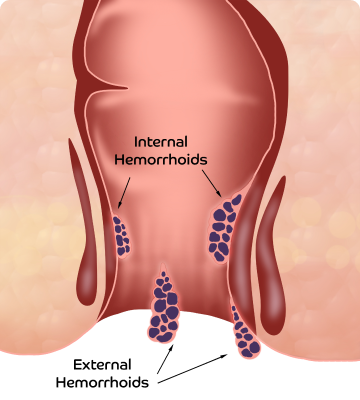
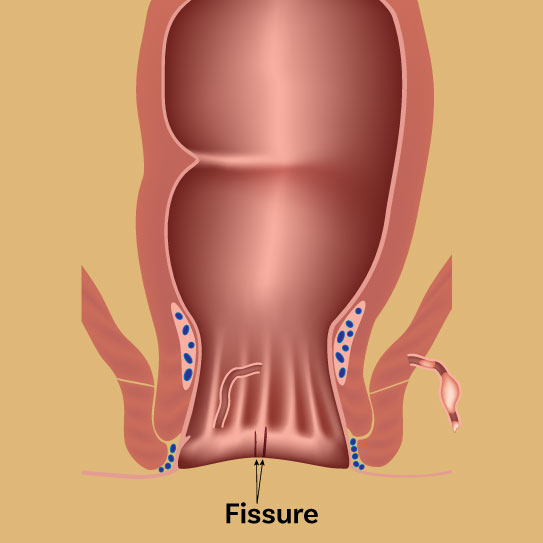
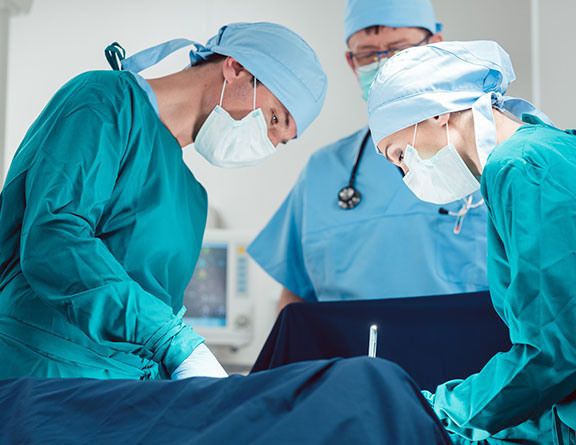
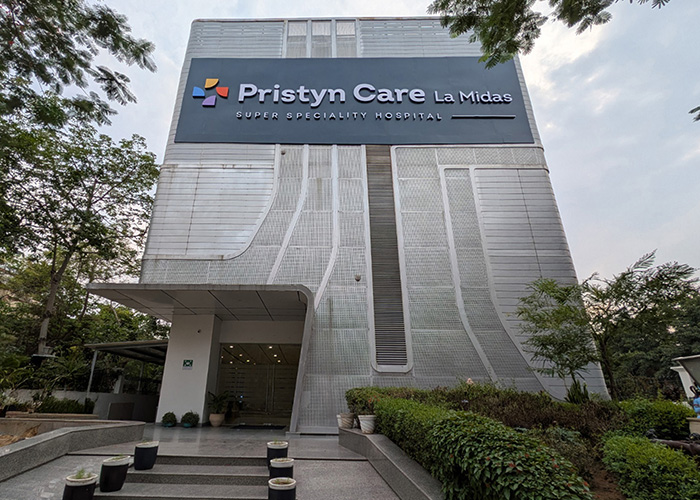
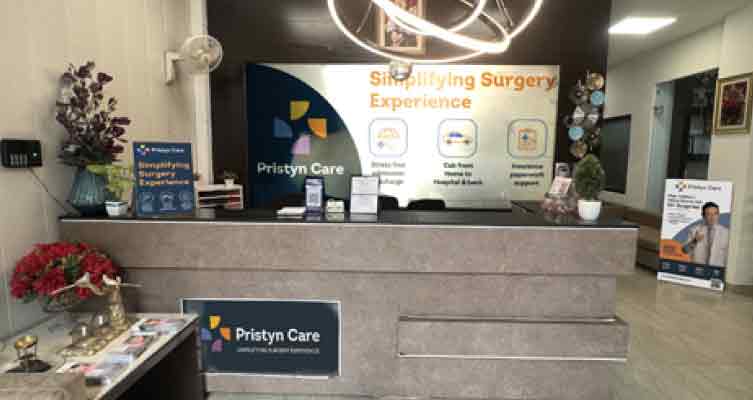
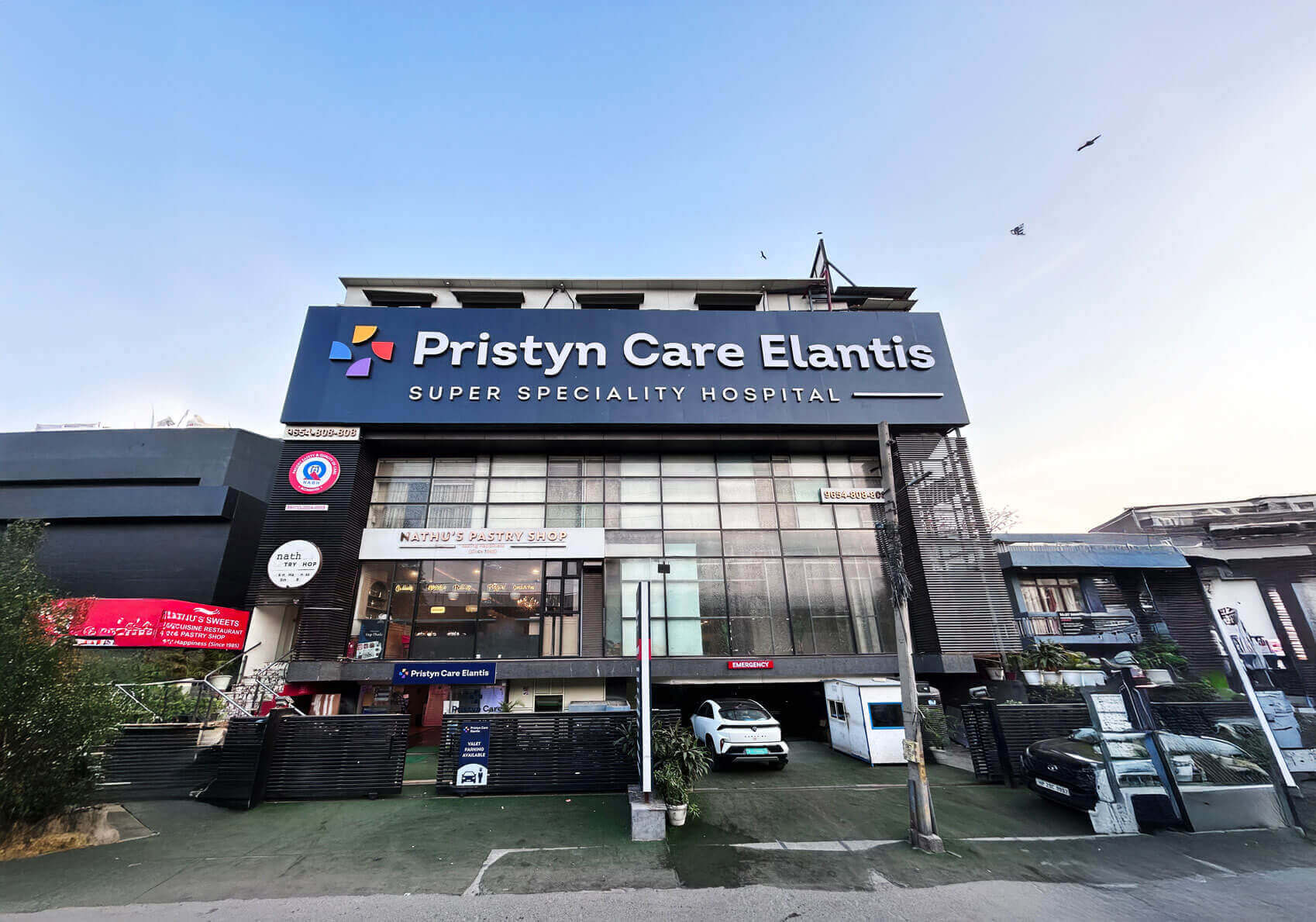

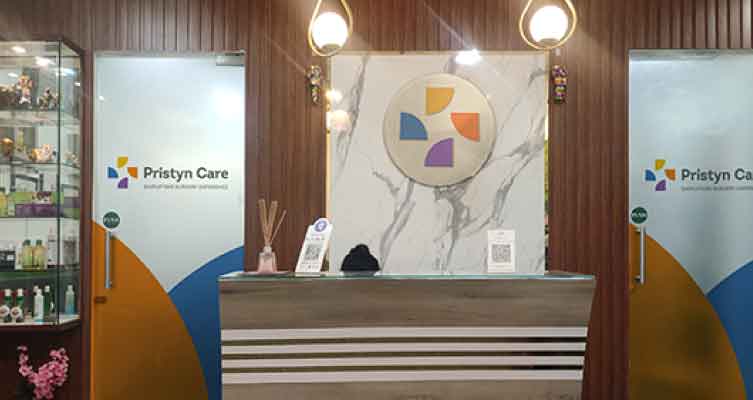
Pristyncare%20Clinic.webp)
 4.7/5
4.7/5
 NABH
NABH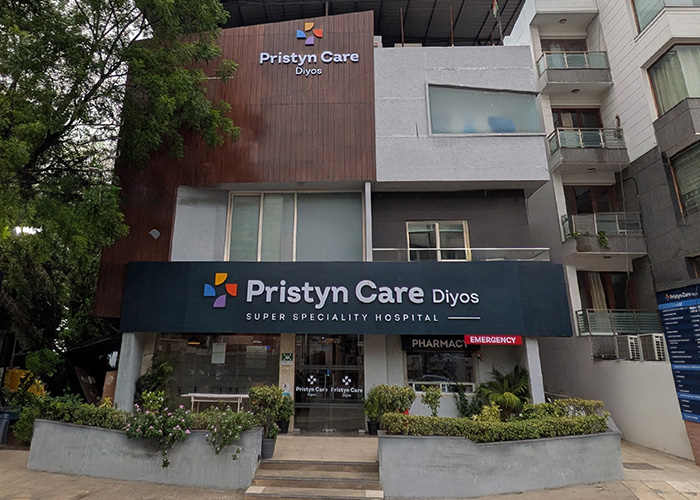
 NABH
NABH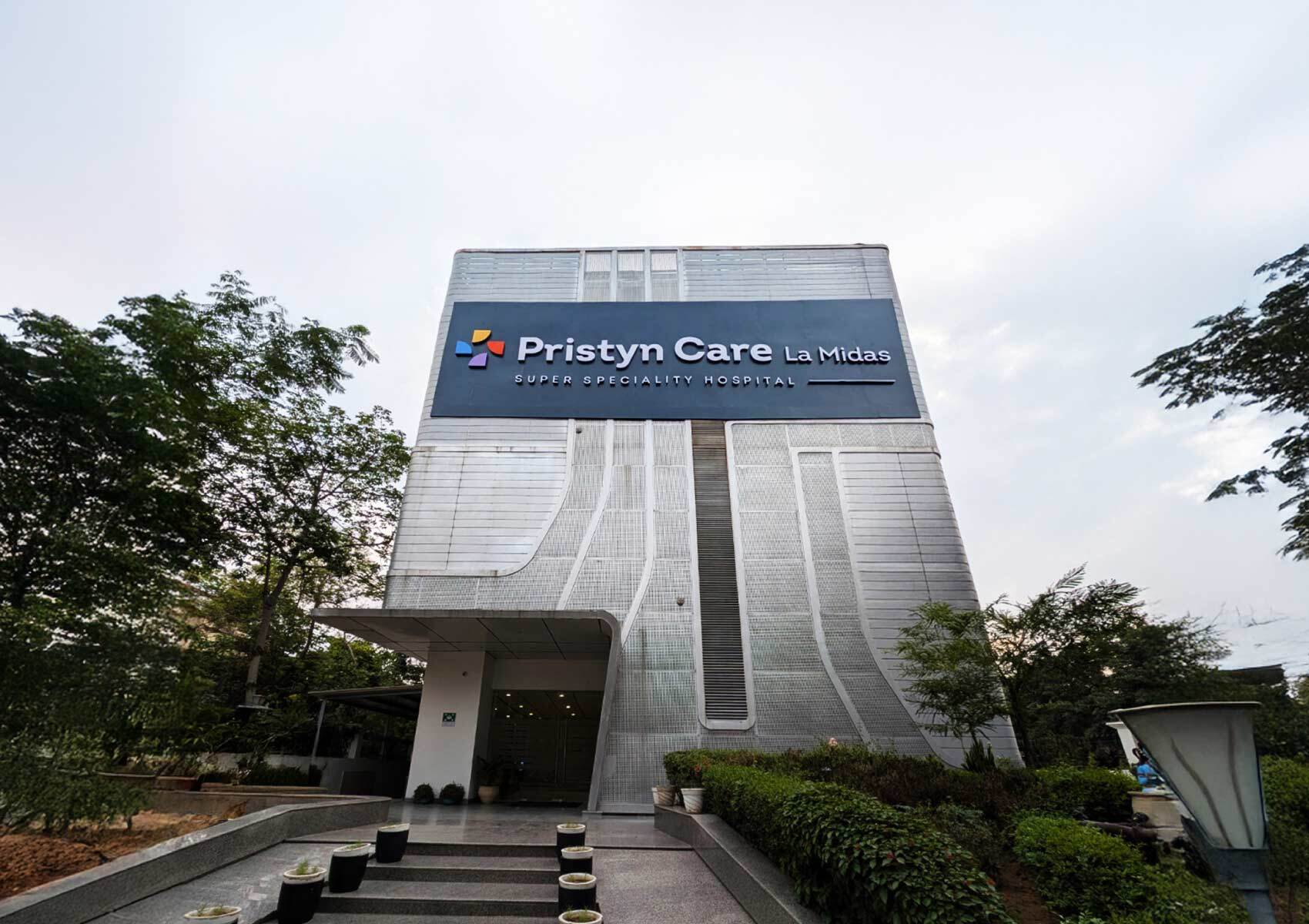
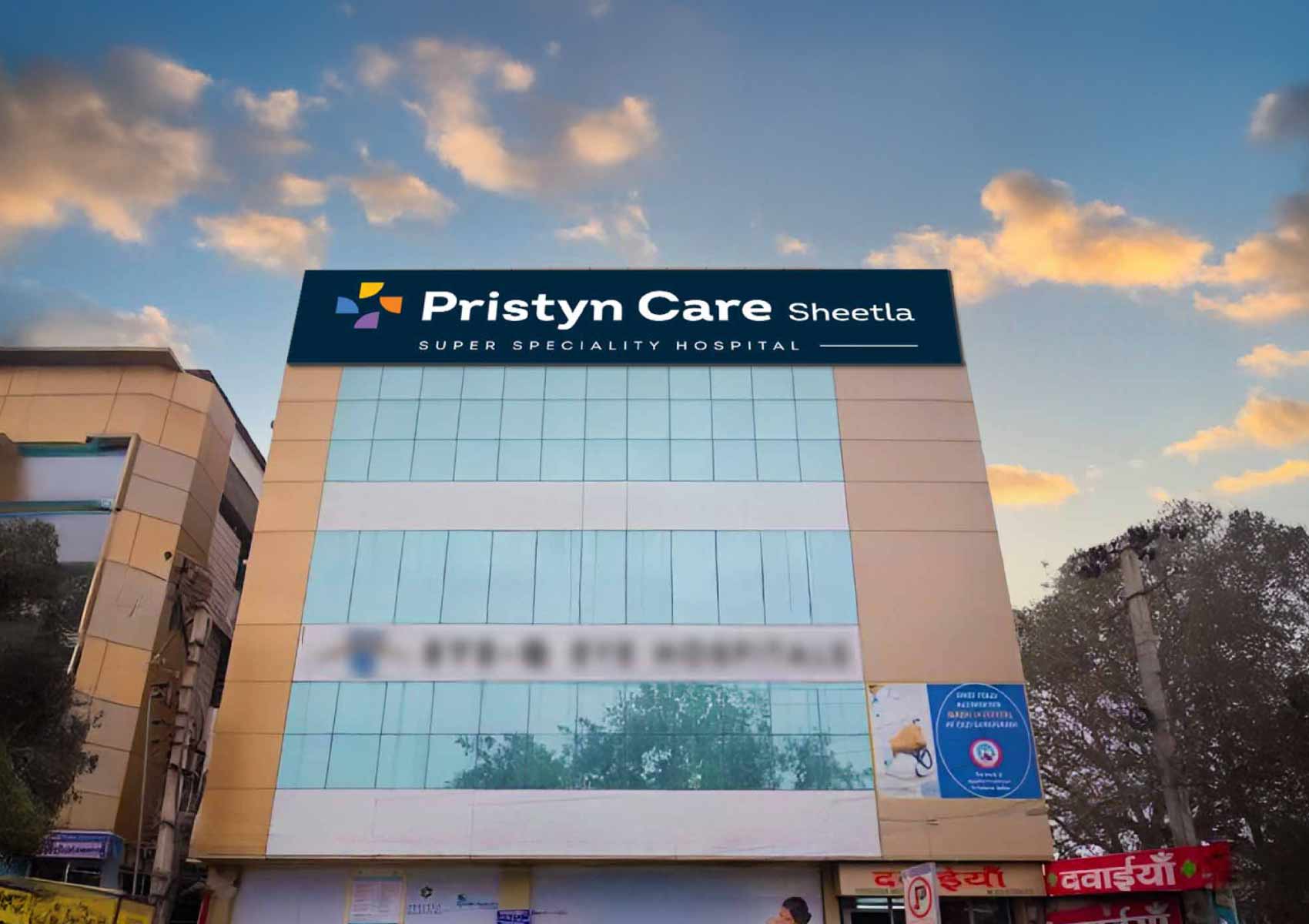
.svg)









